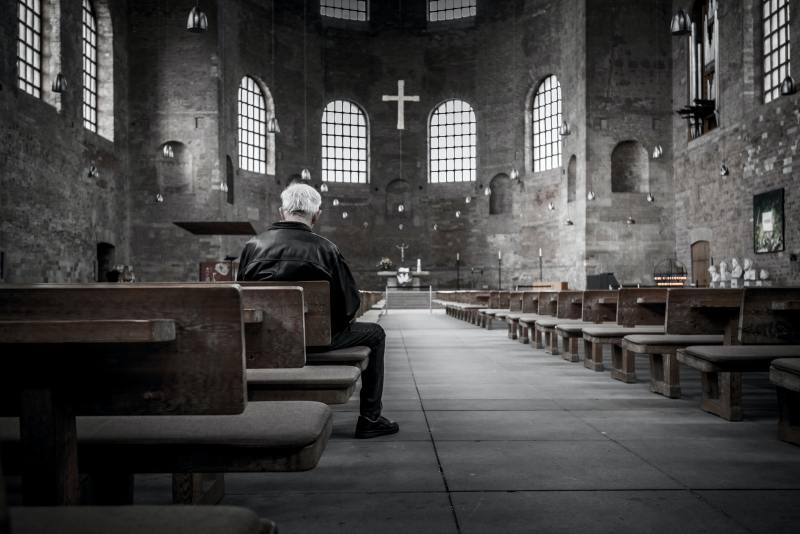
The latest guidance by Small Business Administration (SBA) clarified some confusion regarding the unclear requirements that might have challenged some Churches to return their Paycheck Protection Program loans. Now SBA provides "safe harbor" for any borrower that received a loan of less than $2 million.
With the emergence of COVID-19 pandemic, more than 12000 churches applied for the Paycheck Protection Program (PPP), which offers small businesses and 501(c)(3) nonprofits eight weeks of payroll assistance to help soften some of the pandemic's economic impact.
A previous SBA guideline prompted many religious bodies and nonprofits that had received loans to contemplate returning the funds and not participating in the program because of unclear requirements, according to the Southern Baptist Ethics & Religious Liberty Commission (ERLC).
But with the newly updated guideline, Many Churches don't have to worry about having to return their PPP loans.
The guideline of SBA states, "Any borrower that, together with its affiliates, received PPP loans with an original principal amount of less than $2 million will be deemed to have made the required certification concerning the necessity of the loan request in good faith."
The "safe harbor is appropriate," the SBA said, "because borrowers with loans below this threshold are generally less likely to have had access to adequate sources of liquidity in the current economic environment than borrowers that obtain larger loans." This will foster "economic certainty as PPP borrowers with more limited resources endeavor to retain and rehire employees," according to the guidance.
The ERLC made a written comment. "pleased to see this guidance from the SBA giving critical clarification to a program that many churches and charities had already participated in," said Travis Wussow, the ERLC's general counsel and vice president for public policy.
"We worked with the administration alongside a broad coalition of religious organizations to seek this clarity, and we're thankful that faith-based participants can move forward with confidence, serving the spiritual needs of their communities and the most vulnerable among us."
Wussow said many nonprofits "have applied for PPP assistance based on incomplete information about giving trends and the medium-range economic impact of the COVID-19 pandemic." With the SBA's clarification, he wrote, "they need not worry about whether their certification that the application was necessary will be second-guessed with the benefit of hindsight."
"As an example of the uncertainty in the earlier SBC guidance, it left open the question of whether nonprofits would "need to deplete all unrestricted cash" before applying for loans, Wussow wrote.
GuideStone Financial Resources, the SBC's health and financial benefits entity, also praised the new SBA guidance.
"While we would never tell a pastor what he must do, [this] guidance is welcomed in light of the need for clarity around the Paycheck Protection Program and its intended purposes," Harold R. Loftin Jr., chief legal officer at GuideStone, said in written remarks.
"Those ministries that decide this is the proper course for their organizations, given their situations and convictions, will benefit from this information."



















